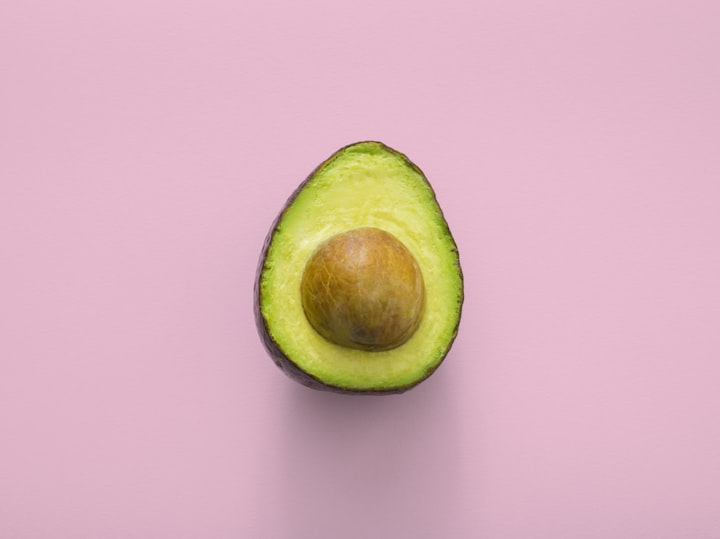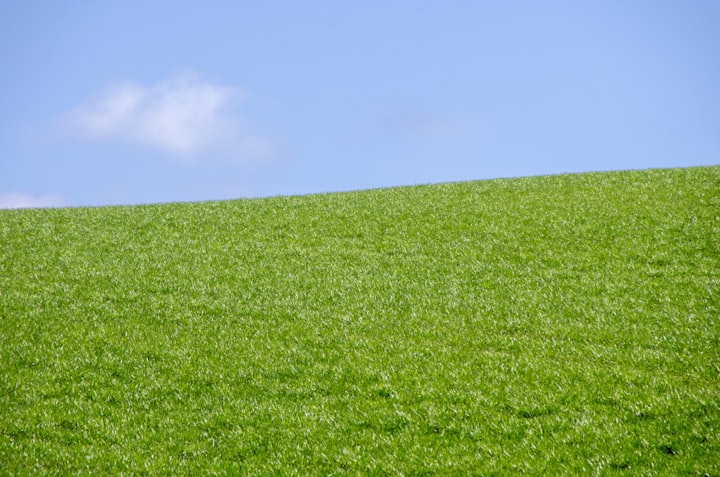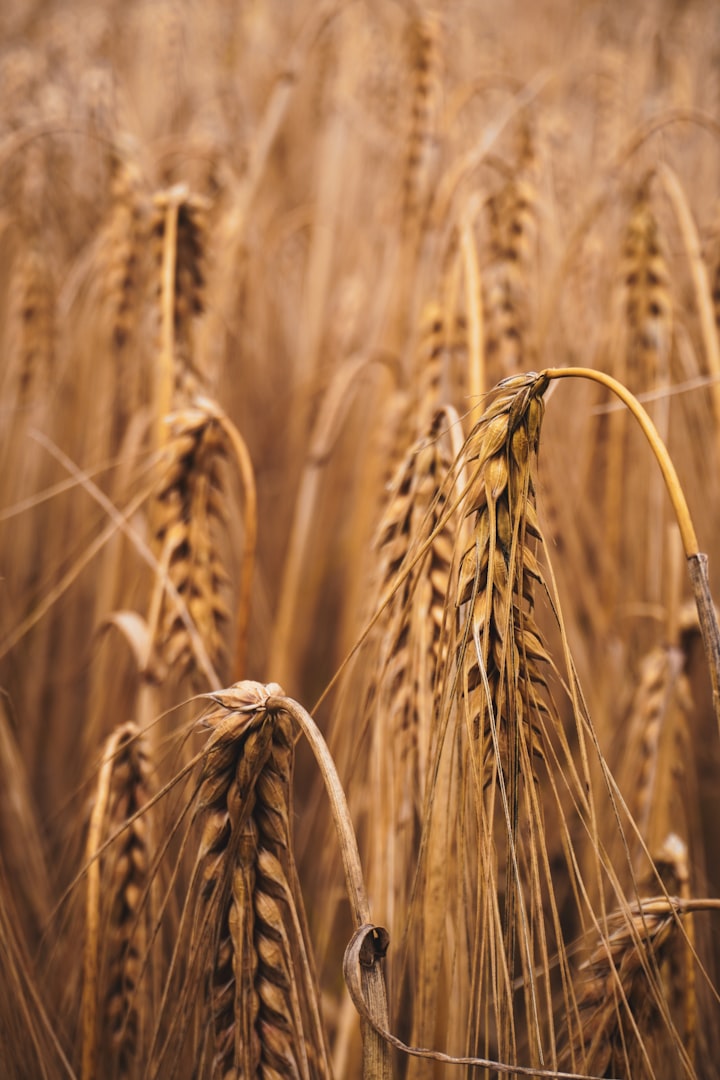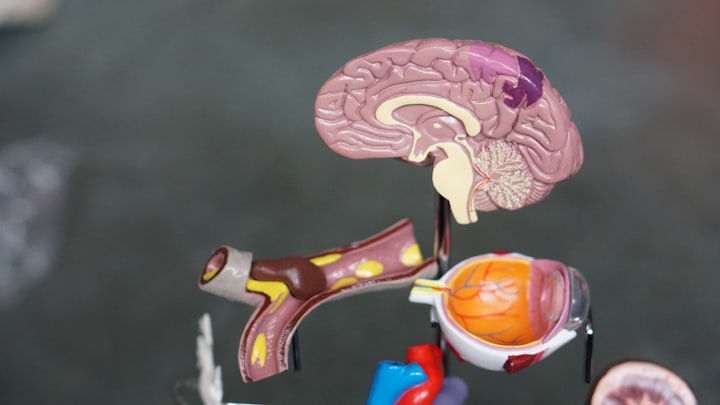10 Foods reduce bad cholesterol naturally
Foods reduce bad cholesterol naturally

Oats
Oats are an excellent source of soluble fiber, which can help reduce bad cholesterol levels in the body. The soluble fiber in oats forms a gel-like substance in the gut, which binds to cholesterol and prevents it from being absorbed into the bloodstream. Eating one and a half cups of cooked oatmeal or three cups of uncooked oats per day can help lower LDL cholesterol by 5-10%.
Nuts
Nuts are a great source of healthy fats, fiber, and protein. Eating a handful of nuts, such as almonds, walnuts, or pistachios, can help reduce LDL cholesterol levels in the body. Nuts contain plant sterols, which can help block the absorption of cholesterol in the gut. Eating 1-2 ounces of nuts per day can help reduce LDL cholesterol levels by 5-10%.
Fatty Fish
Fatty fish, such as salmon, mackerel, and sardines, are high in omega-3 fatty acids, which can help lower LDL cholesterol levels. Omega-3 fatty acids can also help reduce inflammation in the body, which can help lower the risk of developing heart diseases. Eating 2-3 servings of fatty fish per week can help reduce LDL cholesterol levels by 4-5%.
Beans
Beans are an excellent source of plant-based protein, fiber, and antioxidants. Eating beans, such as kidney beans, black beans, or chickpeas, can help lower LDL cholesterol levels in the body. Beans contain soluble fiber, which can help reduce the absorption of cholesterol in the gut. Eating one cup of beans per day can help reduce LDL cholesterol levels by 5-10%.
Avocado
Avocado is a great source of healthy fats, fiber, and antioxidants. Eating avocado can help reduce LDL cholesterol levels in the body. Avocado contains monounsaturated fatty acids, which can help increase HDL cholesterol levels and reduce LDL cholesterol levels. Eating one avocado per day can help reduce LDL cholesterol levels by 10-15%.
Berries
Berries, such as strawberries, blueberries, or raspberries, are high in antioxidants and fiber. Eating berries can help reduce LDL cholesterol levels in the body. Berries contain pectin, which is a type of soluble fiber that can help reduce the absorption of cholesterol in the gut. Eating one cup of berries per day can help reduce LDL cholesterol levels by 5-10%.
Olive Oil
Olive oil is a great source of healthy fats and antioxidants. Eating olive oil can help reduce LDL cholesterol levels in the body. Olive oil contains monounsaturated fatty acids, which can help increase HDL cholesterol levels and reduce LDL cholesterol levels. Using olive oil as a cooking oil or salad dressing can help reduce LDL cholesterol levels by 5-10%.
Green Tea:

Green tea contains antioxidants called catechins, which can help lower LDL levels. Drinking green tea regularly can also have other health benefits.
Dark Chocolate:
Dark chocolate contains flavonoids, which can help lower LDL levels. It's also a good source of antioxidants and can have other health benefits in moderation.
Fruits:
Fruits are rich in pectin, a type of soluble fiber that can help lower LDL levels. Apples, oranges, and strawberries are good choices.
Soy:

Soy products like tofu and soy milk contain compounds called isoflavones, which may help lower LDL cholesterol levels.
Red wine:
Red wine contains antioxidants called polyphenols, which may help lower LDL cholesterol levels. However, it should be consumed in moderation.
Whole grains:

Brown rice, quinoa, and other whole grains are high in fiber and can help lower LDL cholesterol levels.
Garlic:
Garlic contains compounds that may help lower LDL cholesterol levels.
Legumes:

Beans, lentils, and chickpeas are good sources of soluble fiber, which helps lower LDL cholesterol levels.
it is possible to reduce bad cholesterol naturally through diet by incorporating certain foods into one's meals. These foods include whole grains, fruits, vegetables, legumes, nuts, seeds, fatty fish, and plant-based oils. By consuming these foods, individuals can increase their intake of fiber, antioxidants, omega-3 fatty acids, and other beneficial nutrients that have been shown to lower LDL cholesterol levels. Additionally, reducing intake of saturated and trans fats, as well as processed and fried foods, can also contribute to lowering bad cholesterol. Overall, a balanced and healthy diet can play a significant role in reducing bad cholesterol naturally and improving overall heart health.
About the Creator
Reader insights
Outstanding
Excellent work. Looking forward to reading more!
Top insights
Expert insights and opinions
Arguments were carefully researched and presented
Heartfelt and relatable
The story invoked strong personal emotions





Comments
There are no comments for this story
Be the first to respond and start the conversation.